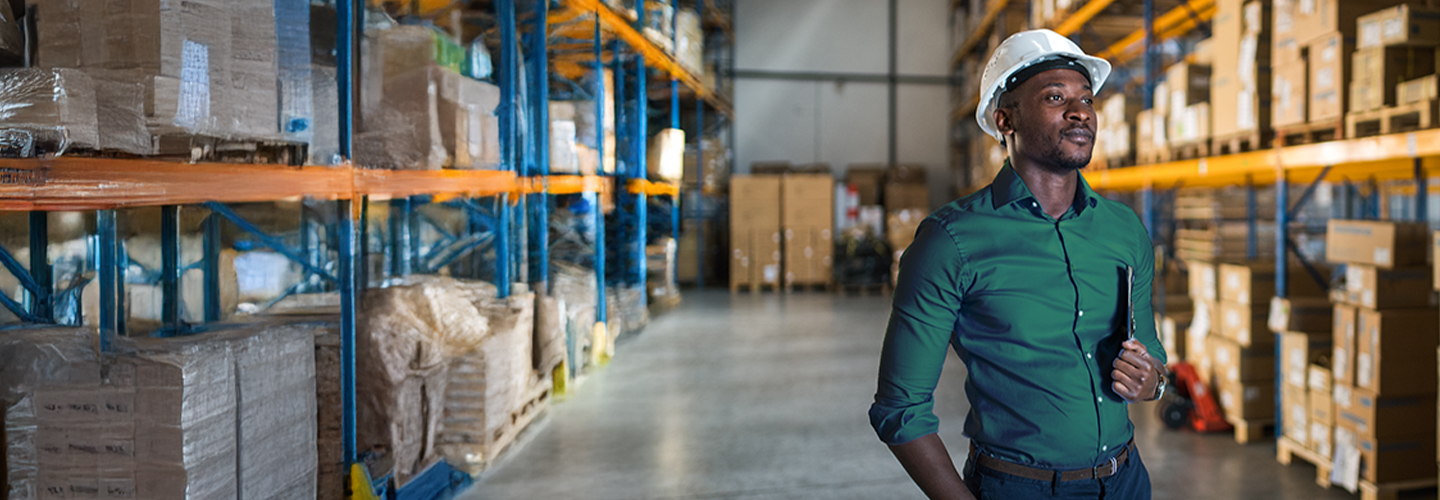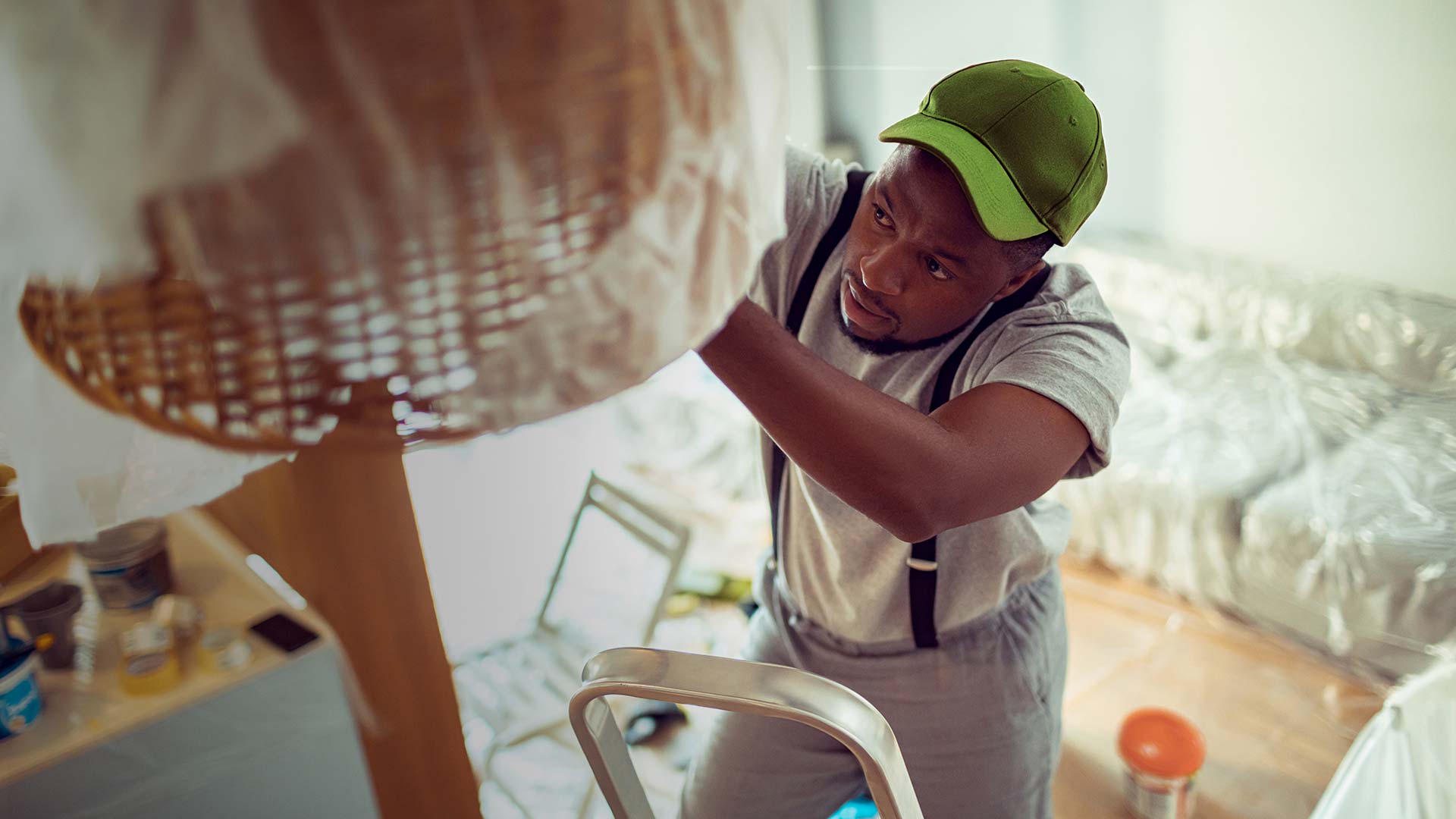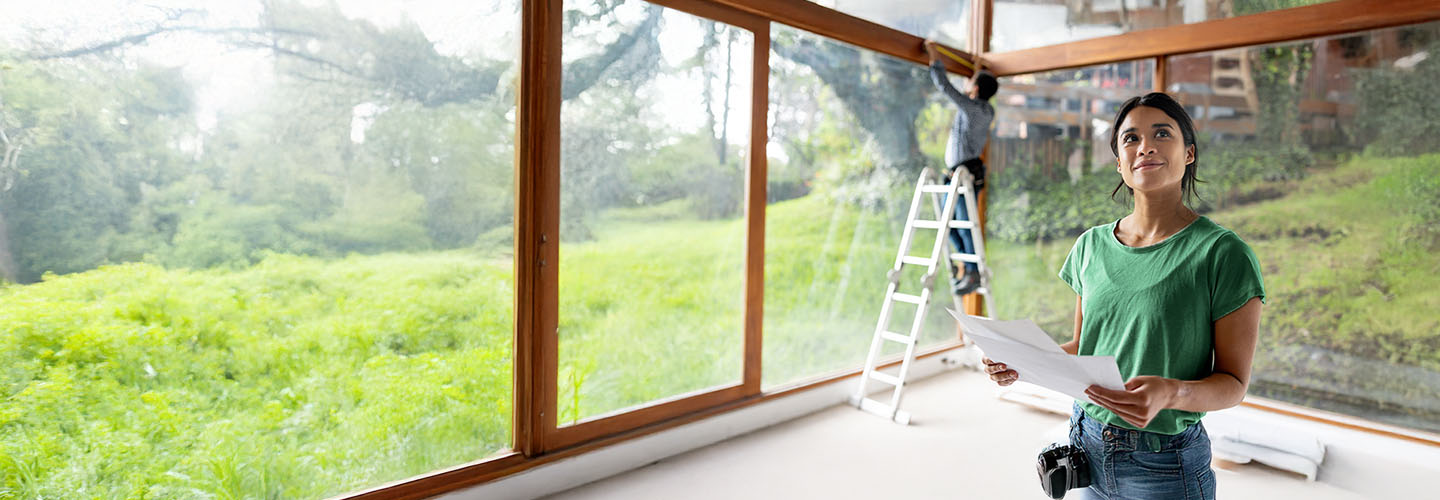While it can be argued that buying property is often one of the best investments to grow your wealth, buying a home right now calls for caution and strict budgeting based on how much you can afford. Whether you’re looking for your first home, a fixer-upper for your growing family or an investment property to rent out, the interest rate on your home loan is likely to be relatively high. You might end up spending more on the property than it ends up being worth, so before you sign an offer to purchase, consider what’s currently happening to property prices in South Africa.
‘Due to several factors, including rising inflation and global economic uncertainty, we’ve seen the property market in South Africa hit a slowdown, with house prices rising at a lower rate than inflation,’ says Dhiren Balwanth, Head of Home Loans Digital Sales and Service at Nedbank. ‘[Rising inflation] has resulted in a push up in the repo rate and variable interest rates, affecting affordability for potential home buyers. If you’re looking to buy a property, it’s important to be cautious and realistic about affordability when applying for a home loan.’
Coping with rising interest rates on home loans
In an article in News24 Business last year, business and finance reporter Carin Smith warned that it is ‘highly likely that real house prices in South Africa will decline for another few years’. She quoted a report by independent property valuation firm Rode & Associates, and concluded that in real terms (taking inflation into account), house prices fell by about 2% over January and February 2022. In fact, property prices have shown almost no real growth for 7 years in a row.
When you overcapitalise, you invest more money in the property than its market value
Rode & Associates CEO Erwin Rode, quoted in the article, believes that South Africa’s property market moves in cycles of 15 to 20 years. ‘We are about halfway down this path of declining house prices in real terms and there is still a stretch to go,’ he said. It could take another 7 or more years for the South African property market to return to real growth.
Here are some suggestions to help you lower the risk of buying a home in this challenging environment.
1. Don’t overcapitalise
Spending too much on home improvements and renovations when property values aren’t rising and interest rates are high can be a risky financial decision. When you overcapitalise, you invest more money in the property than its market value, which means that you won’t be able to recoup your costs if you sell it. ‘Buyers must remain realistic about their property investments and consider the long-term implications of overcapitalising,’ Balwanth warns.
A fixed interest rate can help you cope with rising interest rates
Investing in home improvements can add value to your property but keep a close eye on the market and property prices in your area. Make sure you aren’t investing more than the property will be worth. Balwanth advises homeowners to focus on essential improvements that are likely to add value, like kitchen or bathroom renovations rather than cosmetic changes. He recommends getting a professional property evaluation before investing in any major home improvements, as this would give you an accurate idea of what a property (or an area) is worth and could help you avoid overcapitalising.
2. Don’t rush into buying a home
Growth in South African property prices is likely to remain slow until inflation decreases and the South African Reserve Bank reduces the repo rate, which will lower interest rates on home loans. High interest rates make buying property more expensive, decrease demand and slow down the rise in property values. By eroding the value of money and raising the cost of living, inflation also makes it harder to save for a deposit, which means you may need a bigger home loan to buy a property.
‘It is important not to rush into buying a home if you’re worried about affordability, because purchasing a property is a significant financial commitment. Overstretching yourself can lead to financial stress and even potential default on your home loan’, says Balwanth. ‘Taking the time to find a property at a price that will remain affordable, even if interest rates keep rising, is essential for long-term financial stability. In the current economic climate, it may not be the best time to buy a property in South Africa. As property values are not appreciating as fast as they were previously, rushing into a purchase could lead to overcapitalisation and a financial burden in the long term.’
How rising interest rates on home loans can affect your instalments
Let’s say you want to buy a property for R1 million, and you take out a home loan for this amount over 20 years. The table below shows the monthly instalments and the total amount paid over the life of the loan at interest rates of 10% and 12%.
Impact of interest rates on home loan repayments
Interest rate |
Monthly instalment |
Total amount paid |
|---|---|---|
R9 866 |
R2 367 840 |
|
R10 951 |
R2 628 240 |
As you can see, a 2% increase (which might not sound like a lot) in the interest rate results in a significant increase in the monthly instalment and the total amount paid over the life of the loan (almost R300,000 more). This highlights the importance of considering interest rates and affordability when purchasing a property in South Africa.
You might want to consider switching your home loan to a fixed interest rate, so your instalments stay the same for a fixed period, no matter how high the repo rate gets. However, Balwanth cautions that a fixed rate can be significantly higher than a variable rate. ‘A fixed interest rate can help you cope with rising interest rates,’ he says. ‘While the rate may be higher than a variable rate initially, it will remain the same for a fixed period (1, 3 or 5 years), providing stability and predictability in your monthly instalments. It’s important to speak to a financial adviser before making any decisions about your home loan, as they can help you choose the best strategy for your individual circumstances.’
Did you know that on average, Nedbank pays out around R1.3 million a month in cash back on home loans? In 2025, we paid out more than R16 million in cash back on home loans. Nedbank can help and advise you on every step of your home-buying journey. For an affordable home loan tailored to your circumstances and value-added extras like up to R20,000 cash back and a 50% discount on your attorney bond registration fees, choose the bank that’s best for your money.
This article is for general information only and does not constitute financial advice under the FAIS Act. Nedbank accepts no liability for any loss arising from reliance on this content. Please consult a qualified advisor before making financial decisions.








